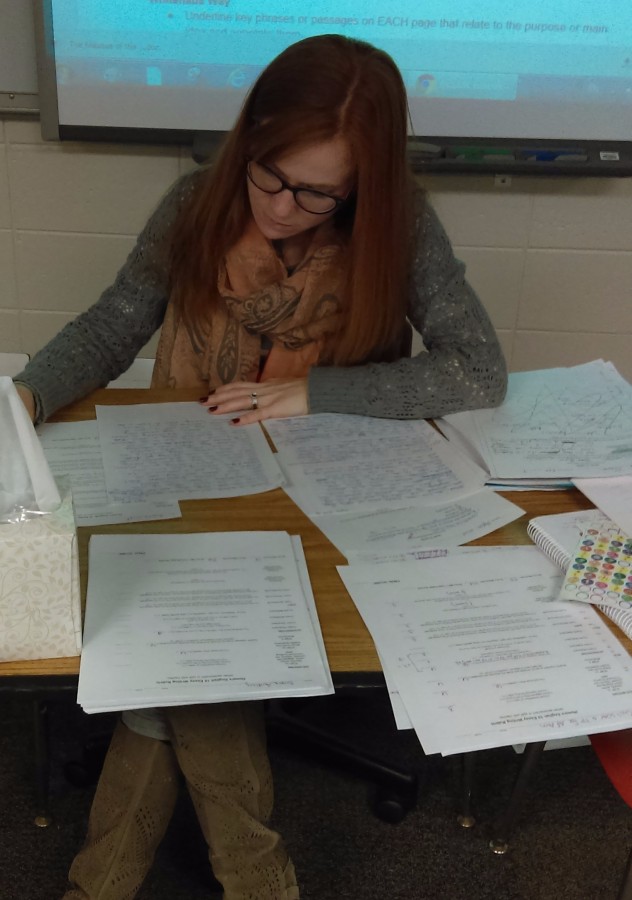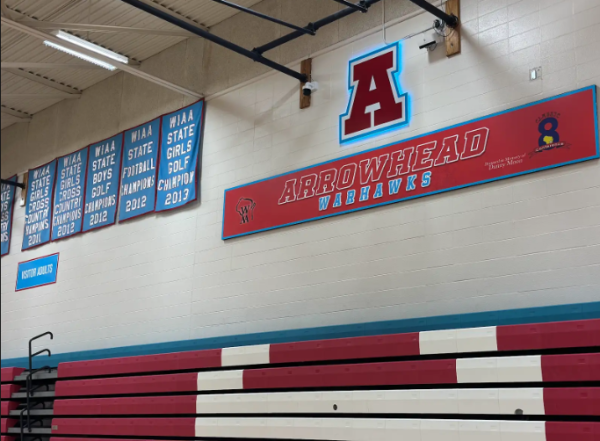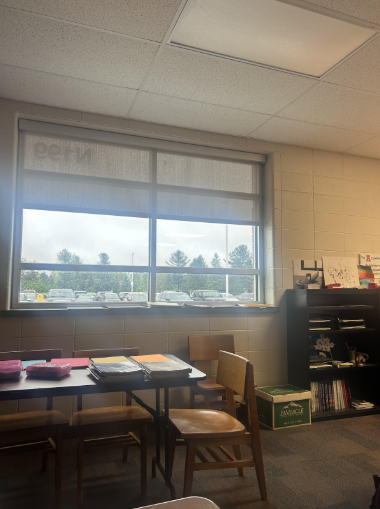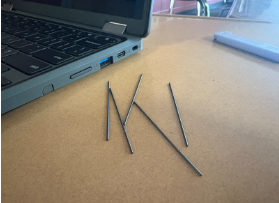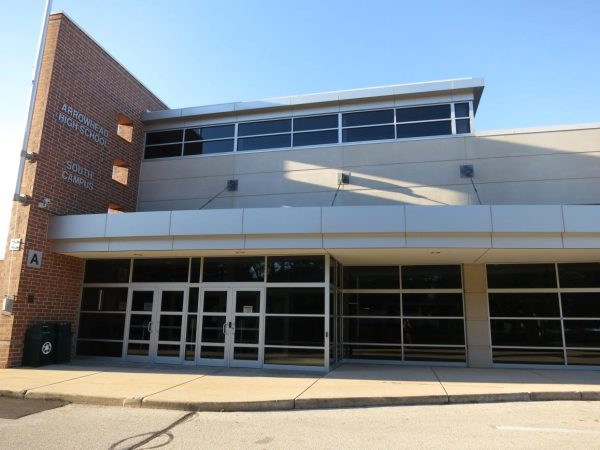What Makes A “Good” Teacher?
We all have that favorite teacher that makes us look forward to walking into a classroom, sometimes even on a bad day. There’s that one teacher that can make us enjoy a certain class or subject.
Every student has a different viewpoint of what makes a teacher good.
For some of us, that teacher can be the the fun, laid back jokester that can make the entire class crack up. For others, it can be the teacher that is passionate about what they teach, or the way that they teach that can make a seemingly boring subject turn into something interesting.
Sophomore Eamon Shiro says, “I think [teachers] have to be entertaining [and] funny. I learn better. If I’m laughing, I feel like I’m more engaged. I feel like they can’t be so serious all the time. They got to laugh a little, and also be really engaged and into what they’re teaching.”
Sophomore Margaret Hartnett says, “I like a teacher that’s passionate about their subject, but not to the point where it’s weird.”
Sophomore Katelyn Krotts says she prefers a laid back teacher because it gives more time to answer questions and interact with the students during activities.
According to the Teacher’s Network website, “A teacher who possesses an understanding of his [or] her student’s preferred learning styles can present lessons in a variety of ways, and offer each student the opportunity to find the mode that works best for him or her.”
Based on Teacher’s Network, different types of teachers are better suited for different students’ learning styles. This can play a big role in what students qualify as a good teacher.
According to a study done by the University of Illinois, 50% of secondary school students are kinesthetic learners. This means that they perform best when movement and physical participation is involved in learning. Some students at Arrowhead claim they prefer teachers that include hands on activities. They enjoy active engagement rather than teachers who talk at them all class period.
Hartnett says, “I like learning when it’s fun and interactive, and you can work with groups.”
Other students are visual learners, so they favor teachers that give visual aids, or explain harder concepts through images.
Shiro says, “I like it when teachers go up and draw pictures.”
Students’ favorite teachers can help change their viewpoints of a certain class because of their teaching style. The students that were interviewed all admitted that they had previously disliked a subject, but after having a teacher that they liked, they began liking the class and topic more.
Shiro claimed to be more focused, and had a positive outlook on math after having Arrowhead math teacher, Rick Witte. Krotts also says she feels more confident about her comprehension of math lessons over the years through the help of different teachers.
Hartnett says, “In the beginning of [AP U.S History], I was like ‘oh my god, it’s APUSH, and it’s scarey, and this whole class is going to suck,’ but now I love it just because [Shanna Hechimovich] makes it fun. She makes it interesting.”
Based on the interviews, students dislike a teacher who doesn’t seem passionate about their subject, and teachers who don’t interact with the students. They find these traits to be unattractive in a teacher.
Krotts says, “[I dislike] someone who just hands out activities, and doesn’t really help their students get a feel for what they are doing. Or someone who doesn’t interact with the students or ask ‘how do you feel about this?’”
According to Krotts, a good teacher is someone who creates a learning environment that makes students feel comfortable enough to ask questions.
Krotts says, “The students know they can ask questions to the teacher because the teacher won’t criticize them for asking a question that they didn’t know, and just being able to talk to them freely.”
A teacher’s teaching style can determine a student’s viewpoint of certain classes or lessons. One student’s definition of a good teacher can be completely different from a another student sitting a desk away. This difference can be based on their learning and comprehension style. A good teacher, whatever qualifications that may be for a student, can make all the difference in a student’s academic success.
